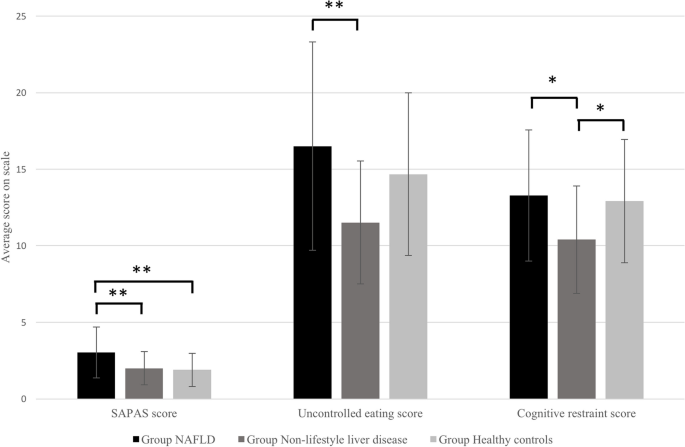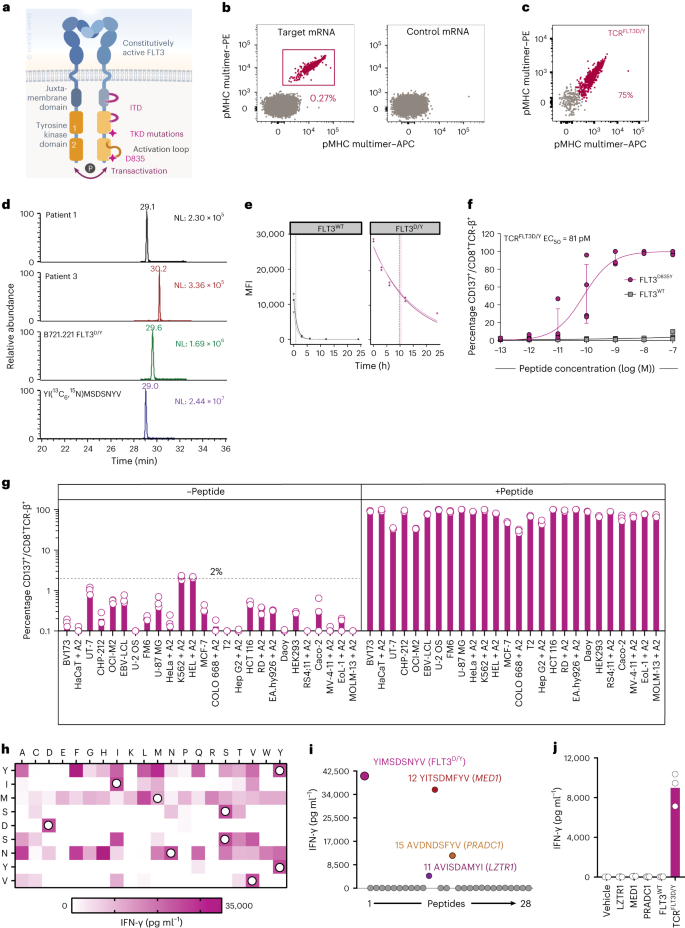2023-10-03 バーミンガム大学
◆NAFLDは豊かな社会で慢性肝疾患の最も一般的な原因であり、肝疾患に関連する死亡率の増加に寄与しています。NAFLD患者に人格障害が増加していることは特に注目すべきであり、他の肝臓疾患とは異なる問題であることを示しています。
◆研究者は、NAFLD患者に対して人格障害のスクリーニングを提唱し、特定された場合には治療を行うべきだと主張しています。NAFLDは肥満とインスリン抵抗性が主なリスク因子であり、肥満関連疾患の増加に伴い、依然として世界的な健康問題となっています。
<関連情報>
- https://www.birmingham.ac.uk/news/2023/fatty-liver-disease-patients-likely-to-suffer-from-personality-disorder
- https://bmcgastroenterol.biomedcentral.com/articles/10.1186/s12876-023-02941-x
非アルコール性脂肪性肝疾患における行動調節とメンタルヘルスの役割 Behaviour regulation and the role of mental health in non-alcoholic fatty liver disease
E. Asquith,K. Bould,J. C. Catling,E. J. Day & A. Holt
BMC Gastroenterology Published1:2 September 2023
DOI:https://doi.org/10.1186/s12876-023-02941-x

Abstract
Background and aims
Non-alcoholic fatty liver disease (NAFLD) has become the most common cause of chronic liver disease in wealthy societies, and is responsible for a significant rise in liver morbidity and mortality. Current treatments prioritise lifestyle interventions, predominantly diet and exercise management, but patients frequently fail to make the necessary behavioural adjustments. The current study seeks to identify those factors which influence patients’ behaviour with respect to adherence to treatment regimes.
Methods
Novel areas of interest were investigated; locus of control, behavioural regulation and a range of mental health measures, due to their links to either poor lifestyle choices or abnormal eating as identified in previous literature. Data was gathered using self-report questionnaires, from 96 participants, who were split into three groups, NAFLD patients, non-NAFLD liver disease patients and healthy controls
Results
Data was analysed using a MANOVA, and followed up with a Tukey post-hoc test. Three factors were found to be significant by group; cognitive restraint, uncontrolled eating and SAPAS score (a measure of personality disorders). An association between personality disorders and NAFLD was identified.
Conclusion
It is suggested that NAFLD patients are screened for personality disorders and, if identified, treated prior to the commencement of diet and exercise management.


